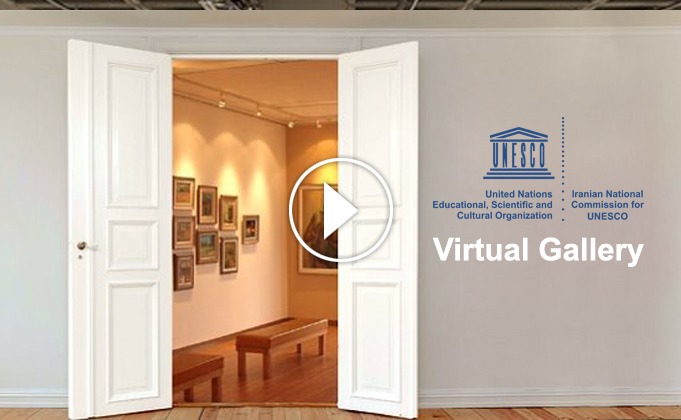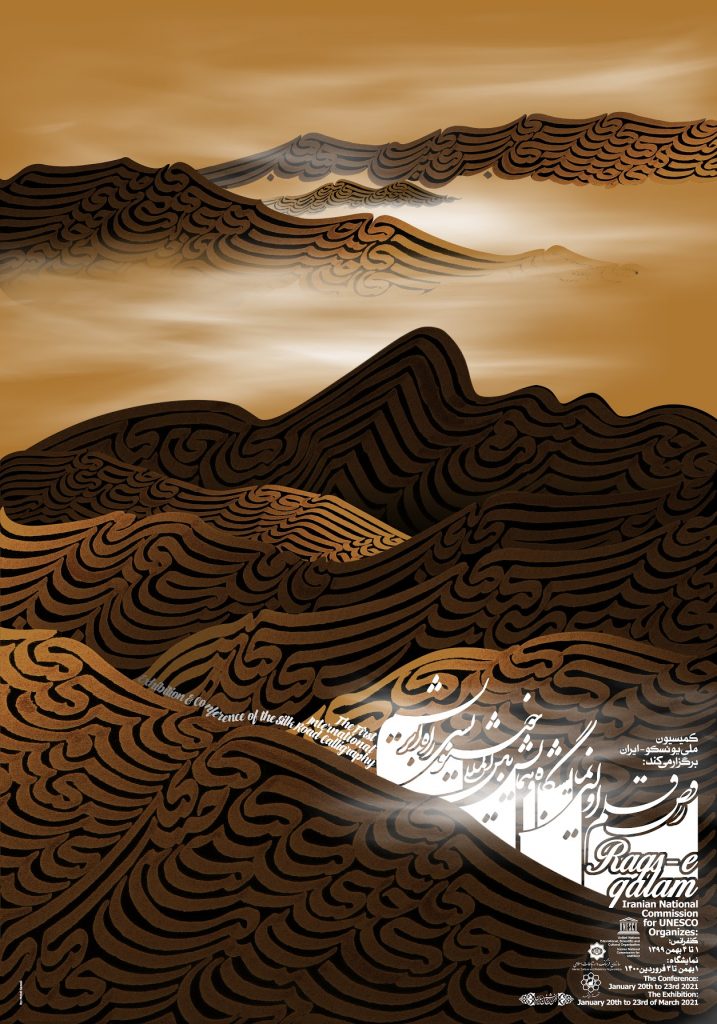Secretary-General of the Iranian National Commission for UNESCO: We should use new audiovisual technologies to introduce our cultural heritage and eminent personalities at national, regional and international levels.
In 2017, two proposals of the Islamic Republic of Iran, including 850th anniversary of the active life of Shahab al-Din Yahya ibn Habash Suhrawardi, and 1750th anniversary of the foundation of the University of Gundi-Shapur were included in the calendar of UNESCO anniversaries in 2018-2019. In this regard, the Working Group of Jundishapur and active life of Sheikh Ishraq held its first meeting on 10 April 2018 at the conference hall of the NatCom.
The said working group has been established in accordance with the act of the Executive Council of the Iranian National Commission for UNESCO and Committee of Islamic and Iranian Culture and Civilization (Supreme Council of Cultural Revolution).
Dr. Sadollah Nasiri Gheydari, Secretary-General of the Iranian National Commission for UNESCO, emphasized the importance of the inclusion of 850th anniversary of the active life of Shahab al-Din Yahya ibn Habash Suhrawardi, and 1750th anniversary of the foundation of the University of Gundi-Shapur in the calendar of UNESCO anniversaries and said, “the aim of this working group is to prepare the ground for introducing the said anniversaries at national, regional and International levels.”
The Secretary-General added: ” regarding the celebration of Ibn al-Haytham and the International Year of light, we submitted a comprehensive report to UNESCO, and regarding the anniversaries of 2018-2019, we are preparing the ground to take necessary measures to introduce Shahab al-Din Yahya ibn Habash Suhrawardi and University of Gundi-Shapur at national, regional and international levels; for example, organizing expert meetings, translation and publication of books, writing stories and making short films in different languages. ”
Dr. Nasiri explained about the life of Suhrawardi and said, “studying Suhrawardi’s works, his intellectual fundamentals and life will help us understand the greatness of this mystic. Furthermore, scholars of religious proximity (one of the important issues of today’s society that aims at fighting against violence and extremism) can draw on Suhrawardi’s philosophy.”
Dr. Abdol-Mahdi Mostakin, head of the Culture Department of the Iranian National Commission for UNESCO, explained about the systematic measures of the NatCom in following up the proposals of Islamic Republic of Iran for inclusion in the calendar of UNESCO anniversaries and said, “Today, we all are aware of the importance of great intellectuals and prominent personalities, because the national identity of any country is established by its intellectuals and any land is essentially known by its dignitaries. As you know in today’s world, literary and cultural tourism is known as one of the best industries that create wealth, and as stated by UNESCO, in the future world, any country is known by its cultural heritage and intellectuals. We should be aware of the significance of Goethe for Germany, Shakespeare for England, Confucius for China, Dante for Italy, Socrates, Plato and Aristotle for Greece, Ferdowsi, Rumi, Sa’di, Hafez, Nizami Ganjavi, Khayyam, Attar and Suhrawardi for Iran, and we should venerate our prominent personalities. Furthermore, we have the responsibility to teach our children about their heritage and we should take necessary measures to introduce our heritage at international level.”
Dr. Mostakin then added that 35 eminent personalities and cultural events of the Islamic Republic of Iran have been included in the calendar of UNESCO anniversaries so far. He said, “the important point we need to pay attention to is the method we use to introduce our eminent personalities firstly to our compatriots, and secondly to the people of the world. Unfortunately, the problem is that we have not managed to properly plan and work in this regard, and I hope that the formation of this working group will help us in overcoming the said problem. Head of the Culture Department then briefed the session on the importance of the inclusion of eminent personalities and cultural events in the calendar of UNESCO anniversaries.
The meeting was attended by Mr. Hossein Kuchakianfard, representative of the Ministry of Interior, Dr. Gholam-Hossein Rahimi, representative of the Committee of Islamic and Iranian Culture and Civilization, Dr Isa Reza -Zadeh, representative of the Islamic Culture and Relations Organization, Dr. Reza Pour-Hossein, representative of Islamic Republic of Iran Broadcasting, Dr. Bahram Bahrami and Dr. Faraji, representatives of Zanjan University, Dr. Kourosh Attarian, representative of Jundishapur University , Kaveh Khurabeh, representative of Society for the National Heritage of Iran, Dr. Mohammad Niknami, representative of the Academy Medical Sciences of the Islamic Republic of Iran and Dr. Yahya Jahangiri, representative of the university of Islamic Denominations.
Translated by: Forough Rezayi



